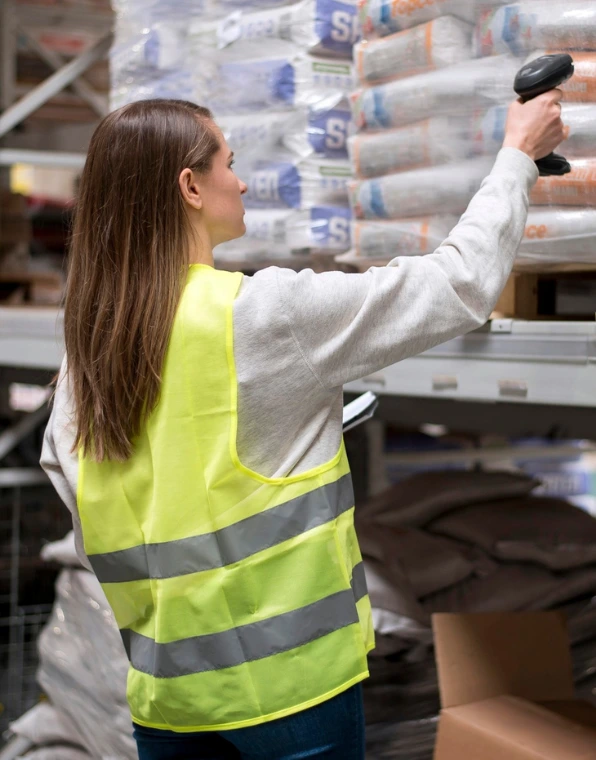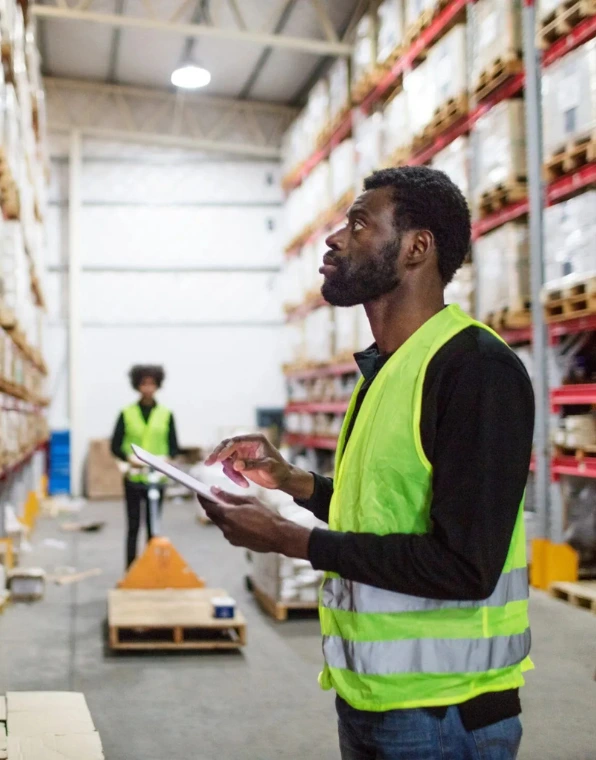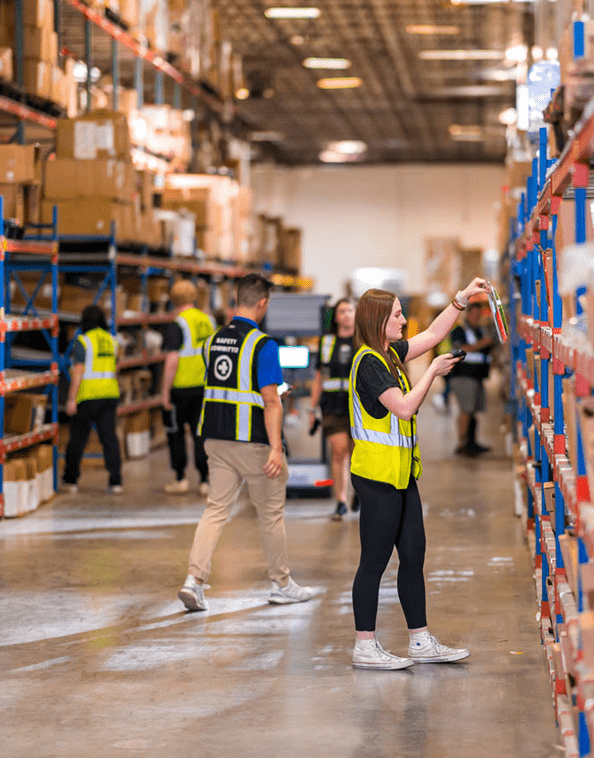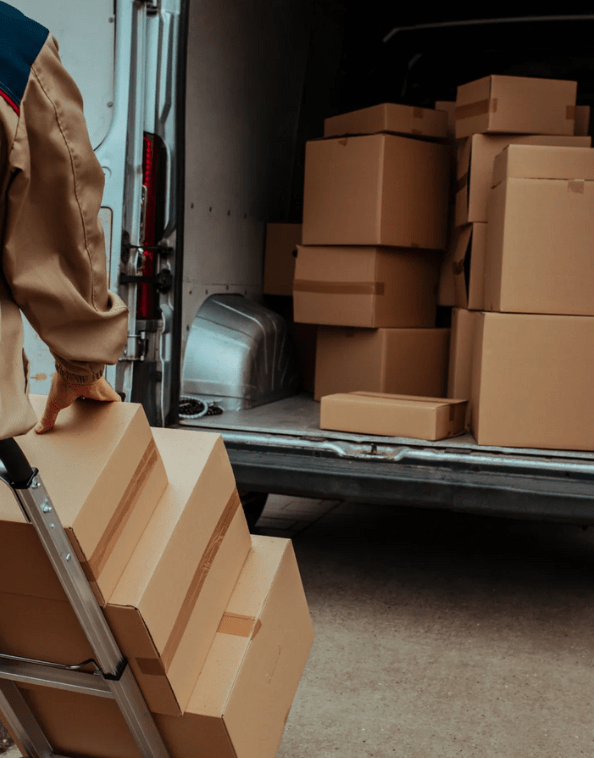Changes to Section 321 — the U.S. Customs provision that allowed low-value shipments to enter duty- and tax-free — are dominating the news in 2025. With the de minimis exemption suspended, all shipments now require proper customs processing and duties, affecting shipping costs, delivery times, and cross-border fulfillment strategy.
While FulfillMe is a 3PL and fulfillment partner, not a customs broker, we help ecommerce businesses adapt their fulfillment strategy to maintain fast, reliable delivery and operational efficiency despite these changes. From inventory placement to omnichannel fulfillment and technology integration, FulfillMe enables brands to scale confidently.
What Section 321 Means for Ecommerce Fulfillment
Previously, Section 321 allowed shipments under $800 to bypass taxes and duties, reducing landed costs and simplifying customs. With its suspension:
Every international shipment now requires full customs documentation
Duties and taxes apply to shipments of all values
Small parcel economics and international fulfillment costs are fundamentally impacted
Businesses must rethink inventory placement, shipping strategy, and operational workflows. This makes a strong fulfillment strategy more critical than ever, and partnering with a 3PL like FulfillMe is an effective solution.
How FulfillMe Supports Fulfillment Strategy Post-Section 321
1. Strategic Inventory Placement
FulfillMe’s distributed network of fulfillment centers allows brands to store products closer to key markets:
Faster delivery and improved customer satisfaction
Reduced shipping costs for domestic and international orders
Demand-driven allocation to minimize stockouts
By positioning inventory effectively, ecommerce businesses can absorb new customs requirements without sacrificing speed or reliability.
2. Omnichannel Fulfillment
Selling across multiple channels adds complexity, especially when tariffs and duties affect international shipments. FulfillMe provides:
Direct-to-consumer fulfillment
Marketplace and wholesale order support
Coordinated inventory across channels for efficiency
This ensures that your products are available wherever customers shop, without duplicating inventory or creating bottlenecks.
3. Technology-Enabled Fulfillment
Technology is essential for managing fulfillment strategy under new Section 321 rules. FulfillMe offers:
Real-time inventory visibility
Automated order routing to optimal fulfillment centers
Integration with platforms like Shopify, Netsuite, and ERP systems
Analytics for forecasting, demand planning, and cost optimization
These tools allow brands to respond quickly to changes in shipping regulations and customer demand while reducing operational complexity.
4. Flexible International Shipping
While Section 321 changes affect duties and taxes, FulfillMe helps businesses maintain efficient international shipping:
Strategic inventory positioning reduces international shipping costs
Carrier coordination ensures timely and reliable deliveries
End-to-end visibility across global fulfillment operations
By partnering with FulfillMe, brands can adapt to regulatory changes while keeping global customers happy.
5. Cost Management and Operational Efficiency
The elimination of Section 321 increases landed costs for international orders. FulfillMe helps businesses:
Consolidate shipping and handling expenses
Optimize storage and labor costs across fulfillment centers
Implement demand-based inventory allocation to reduce overstocking
This allows ecommerce businesses to maintain margins while adapting to new import rules.
6. Scalable Fulfillment
Ecommerce businesses must be able to scale efficiently to handle seasonal spikes, product launches, or new markets. FulfillMe provides:
Flexible storage solutions and fulfillment services
Efficient pick, pack, and ship operations
Returns management and reverse logistics
Omnichannel coordination for consistent inventory availability
Brands can grow without investing in additional infrastructure or staff, ensuring scalability even in a changing regulatory environment.
7. Strategic Fulfillment Consultation
FulfillMe offers guidance to optimize fulfillment strategy in response to Section 321 changes, including:
Assessing inventory placement and distribution
Recommending carrier solutions for domestic and international shipping
Integrating technology with existing ecommerce and ERP platforms
Designing scalable fulfillment processes for peak seasons and global expansion
By combining expertise, technology, and strategic planning, FulfillMe helps brands maintain speed, reduce costs, and scale efficiently despite regulatory changes.
Section 321 Context
While FulfillMe doesn’t provide customs advice, we understand the importance of Section 321 in the news:
Its suspension affects how businesses approach international fulfillment
Changes increase per-shipment duties, impacting small parcel economics
Inventory strategy, shipping routes, and carrier coordination are more critical than ever
FulfillMe helps businesses adapt fulfillment operations to minimize delays, reduce costs, and maintain service levels.
Conclusion: Adapt Your Fulfillment Strategy With FulfillMe
The end of Section 321 has added complexity to cross-border ecommerce, making fulfillment strategy a key competitive advantage. FulfillMe’s technology-enabled 3PL services help businesses:
Optimize inventory placement for faster delivery
Support multiple sales channels efficiently
Integrate technology for visibility and operational efficiency
Scale operations without heavy infrastructure investment
Partnering with FulfillMe allows ecommerce brands to focus on growth and customer experience while leaving fulfillment operations to experts.
Request a consultation today to optimize your fulfillment strategy and ensure your business stays competitive in 2025 and beyond.

Norman Kravitz is a logistics and fulfillment expert with extensive experience in e-commerce supply chains, currently serving as CEO and Founder of FulfillMe, a technology-enabled 3PL provider. Beginning his career at the United States Postal Service and later leading operations at Ddu Express, he has deep expertise in freight forwarding, inventory management, and cost optimization. Norman’s strategic approach to logistics operations and e-commerce fulfillment positions him as a trusted authority in the 3PL industry.







